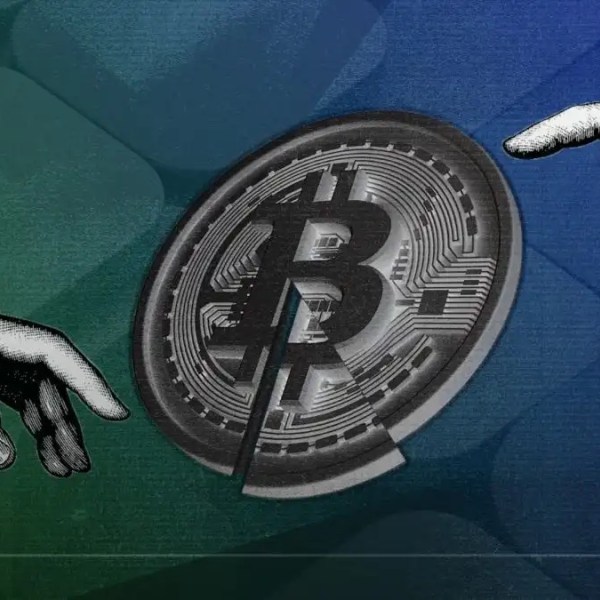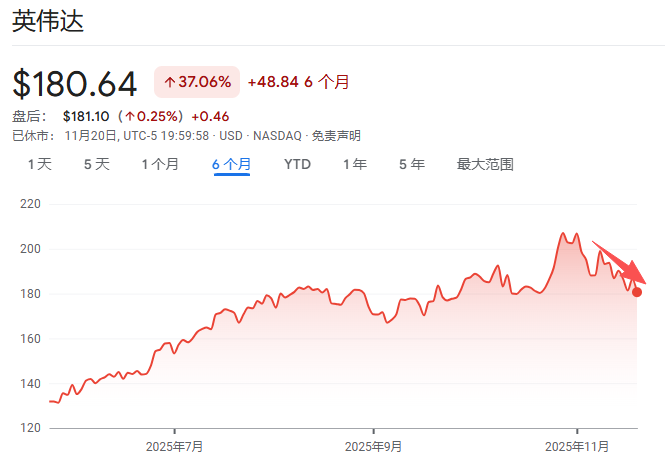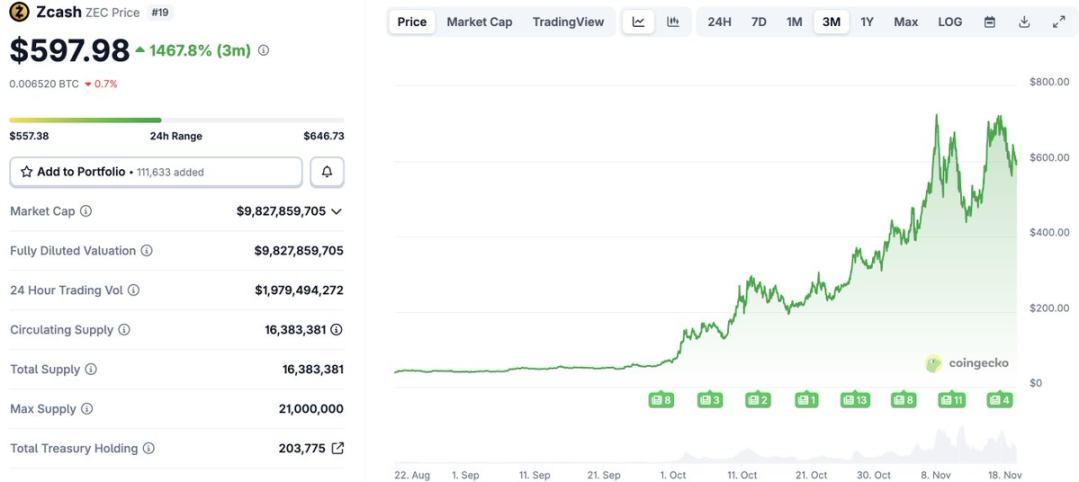Trump Selects Michael Selig for CFTC Chair
President Trump’s rumored pick of Michael Selig as the next CFTC Chair marks a potential shift in U.S. crypto oversight. With SEC ties and industry intrigue surrounding the move, Selig’s confirmation could reshape regulatory collaboration.
President Trump reportedly tapped Michael Selig to be the CFTC’s next Chair. The previous nominee, Brian Quintenz, was recently dropped after pressure from the Winklevoss twins.
Selig has been an SEC employee and aide to Paul Atkins, so he could steer the two Commissions towards closer collaboration. However, it’s hard to make any further predictions about his ideas on policy.
Selig for CFTC Chair
In recent months, things have been pretty chaotic at the CFTC. One of the US’s top financial regulators has been reduced to one Commissioner, with outgoing members warning of a “financial Wild West.”
Meanwhile, the Acting Chair has been unilaterally taking unprecedented actions. To help resolve this situation, President Trump has allegedly tapped Michael Selig to be the next Chair of the CFTC.
Before the Selig pick, Trump had chosen Brian Quintenz to be the CFTC’s next Chair.
However, the Winklevoss twins strenuously opposed this appointment, and even though many industry leaders supported Quintenz, Trump withdrew the nomination earlier this month. Now, the process is starting over again.
A Dark Horse Candidate
So, assuming that Selig actually gets confirmed, what kind of policy could he establish at the CFTC? He’s currently an SEC employee, working as its chief counsel and aide to Chair Paul Atkins.
This personal relationship could help ensure that the two regulators maximize their crypto collaboration in the future, which both agencies have been attempting.
Other than that, however, we can only make educated guesses. Although reporters identified a few likely candidates for the next CFTC Chair, Michael Selig wasn’t on anyone’s radar.
However, considering that the Winklevosses prefer a weakened regulator to an empowered crypto ally, his selection might align with their long-term goals.
Ultimately, though, it was President Trump’s decision, and it’s impossible to say what the deciding factor was. Either way, Selig will need to go through a full confirmation process before joining the CFTC, and this could take months.
Hopefully, the intervening time will give us plenty of opportunities to learn his approach to crypto regulation.
Disclaimer: The content of this article solely reflects the author's opinion and does not represent the platform in any capacity. This article is not intended to serve as a reference for making investment decisions.
You may also like
Has the four-year cycle of Bitcoin failed?
The various anomalies in this cycle—including waning sentiment, weakening returns, disrupted rhythms, and institutional dominance—have indeed led the market to intuitively feel that the familiar four-year cycle is no longer effective.

At an internal Nvidia meeting, Jensen Huang admitted: It's too difficult. "If we do well, it's an AI bubble," and "if we fall even slightly short of expectations, the whole world will collapse."
Jensen Huang has rarely admitted that Nvidia is now facing an unsolvable dilemma: if its performance is outstanding, it will be accused of fueling the AI bubble; if its performance disappoints, it will be seen as evidence that the bubble has burst.

After a 1460% Surge: Reassessing the Value Foundation of ZEC
Narratives and sentiment can create myths, but fundamentals determine how far those myths can go.

The demise of a DAT company
The $1 billion Ethereum DAT plan led by Li Lin and others has been shelved due to the bear market, and funds have been returned. This "going with the flow" approach may reflect consideration of investor sentiment.
